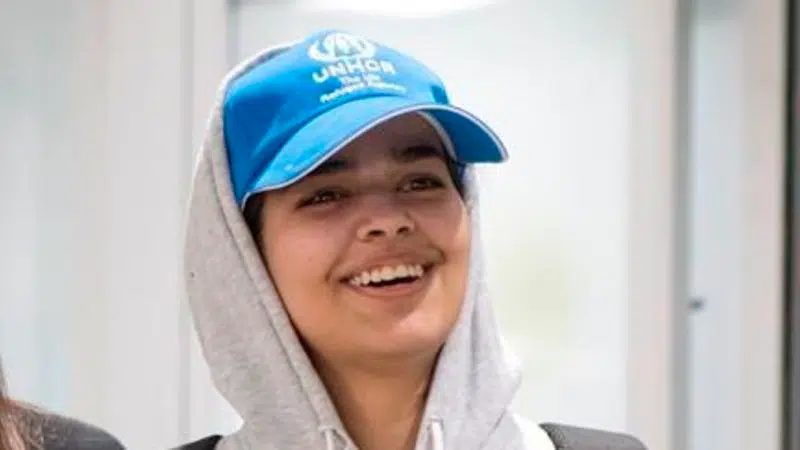
Canada helping young Saudi refugee won’t hurt Raif Badawi’s case, wife says
The Canadian wife of imprisoned Saudi blogger Raif Badawi said she isn’t worried Ottawa’s decision to take in teen refugee Rahaf Mohammed Alqunun will hurt her husband’s case, despite speculation that the incident could further strain Canada-Saudi relations.
Ensaf Haidar said the Canadian government did the right thing in granting refugee status to the 18-year-old woman who drew global attention after fleeing her allegedly abusive family.
“I’m happy for her,” Haidar said in a phone interview. “I’m very proud of Canada, too. That’s what a democratic country is.”


